With the parliamentary election, Qatar will be the second member of the Persian Gulf Cooperation Council after Kuwait to have a controlled parliament. Kuwait is the only member of the Persian Gulf Cooperation Council to hold elections since 1962 and after its independence. However, the former emirs of Kuwait have dissolved parliament eight times over the past six decades. Saudi Arabia, on the other hand, opposes formation of parliaments based on public votes in the Persian Gulf Cooperation Council countries, and sees electoral behavior as an innovation against tribal traditions; but naturally the upcoming parliamentary elections in Qatar are fraught with controversy; because difficult conditions are foreseen for the voters and those elected, which severely limits the opportunity for real participation of the people. One of the conditions for the voters and those elected is that their ancestors must have lived in Qatar before 1930, which deprives some important Qatari tribes, such as the influential Al Murra tribe, of participating in the elections. The Al Murra tribe is part of the Nejd and Hejaz tribes, which are closely attached to the Al-Saud regime, and Saudi Arabia uses this tribe as pressure lever against the Al-Thani family in Qatar.
Saudi Arabia and Qatar that are members of the Persian Gulf Cooperation Council, have pursued completely different policies over the past few decades, and even Saudi Arabia imposed sanctions on Qatar in 2017 by forming an Arab coalition against Qatar. Saudi Arabia has sought to force Qatar to pursue Riyadh policies within the framework of the Persian Gulf Cooperation Council and the Arab League; but Qatar, which considers itself an influential Arab country, adopted policies against Saudi Arabia. Saudi Arabia and the UAE are already inciting influential members of the tribe to prevent parliamentary elections in Qatar, or at least drastically increase the political cost of the elections. The Al Murra tribe immigrated to Qatar in 1950 during the reign of King Abdul Aziz Al-Saud, the then King of Saudi Arabia, to change the population structure of the country and act as a pressure lever against the Al-Thani family. Therefore, in recent years, Qatar has put two basic strategies on the agenda to counter the influential Saudi Arabia; first was the establishment of the Al-Jazeera, which was established on November 1, 1996, under the command of Sheikh Hamad bin Khalifa Al Thani, the former Emir of Qatar, with the aim of ostensibly free flow of information, but in fact to streamline and confront Saudi Arabia, the UAE and Bahrain. The establishment of this network is considered a revolution in the field of information in the Arab world; because before that, the Arab media was only monopolized by governments.
The second issue is the imminent parliamentary elections, which have caused great concern for the leaders of Saudi Arabia, the UAE and Bahrain. Formation of a parliament based on public vote in a tribal country like Qatar will also increase the ceiling of public demands in other Persian Gulf states. According to the election law, one member will be elected for each constituency, with 30 members, and the Emir of Qatar personally elects another 15, who will have a veto right in the next parliament. Qatar has a population of 2.5 million, of which only 500,000 are considered real citizens and the rest are immigrants and do not have the right to participate in the upcoming parliamentary elections. On the other hand, in 2022, Qatar will host the World Cup games, and naturally, the young Emir of Qatar intends to hold a democratic show on the eve of the tournament through parliamentary elections. Naturally, Saudi Arabia, the United Arab Emirates, and Bahrain, which are lagging behind practice of democracy, are already seeking to disrupt the electoral process in Qatar and incite the Wahhabi Al Murra tribe, which is considered as the fifth pillar of Saudi Arabia, to riot at the right time.


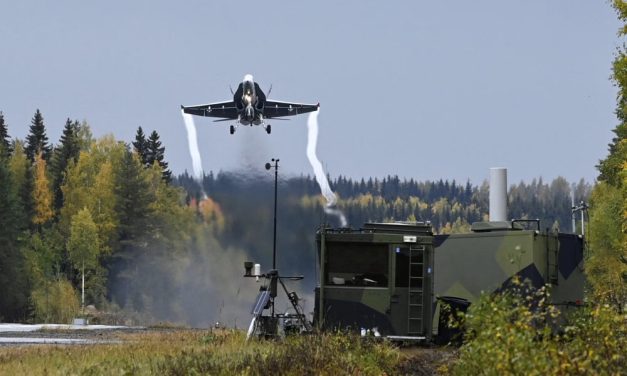
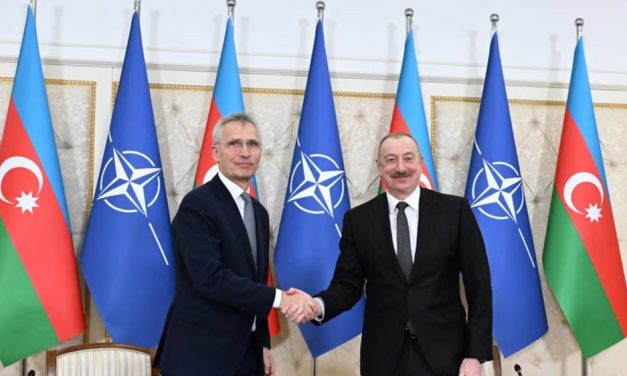
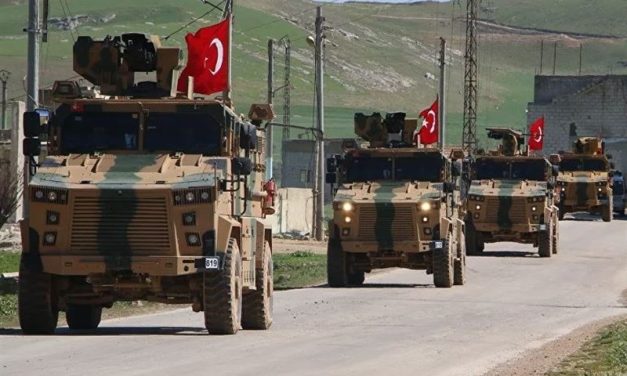
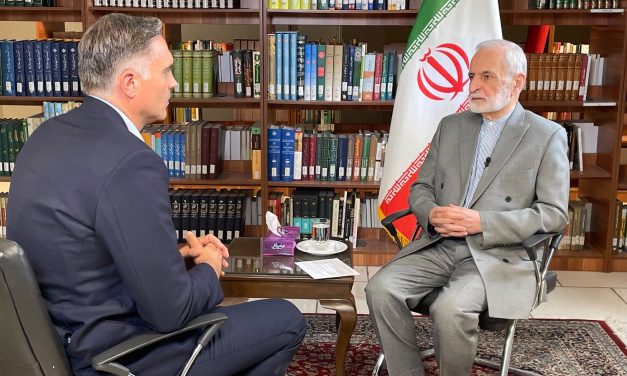
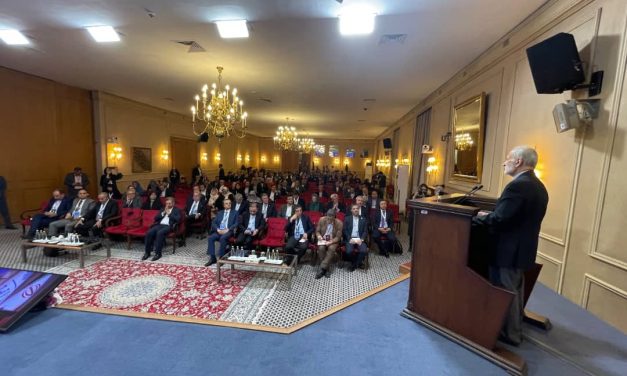
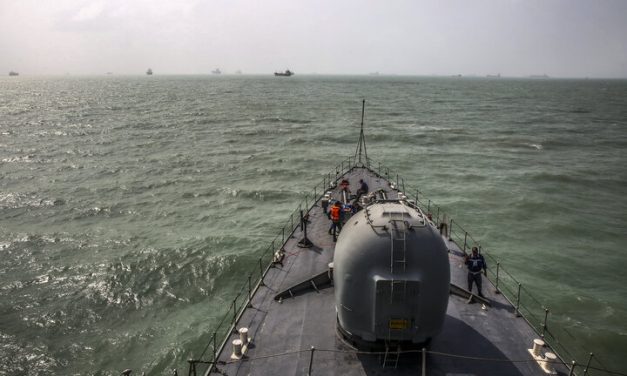


0 Comments